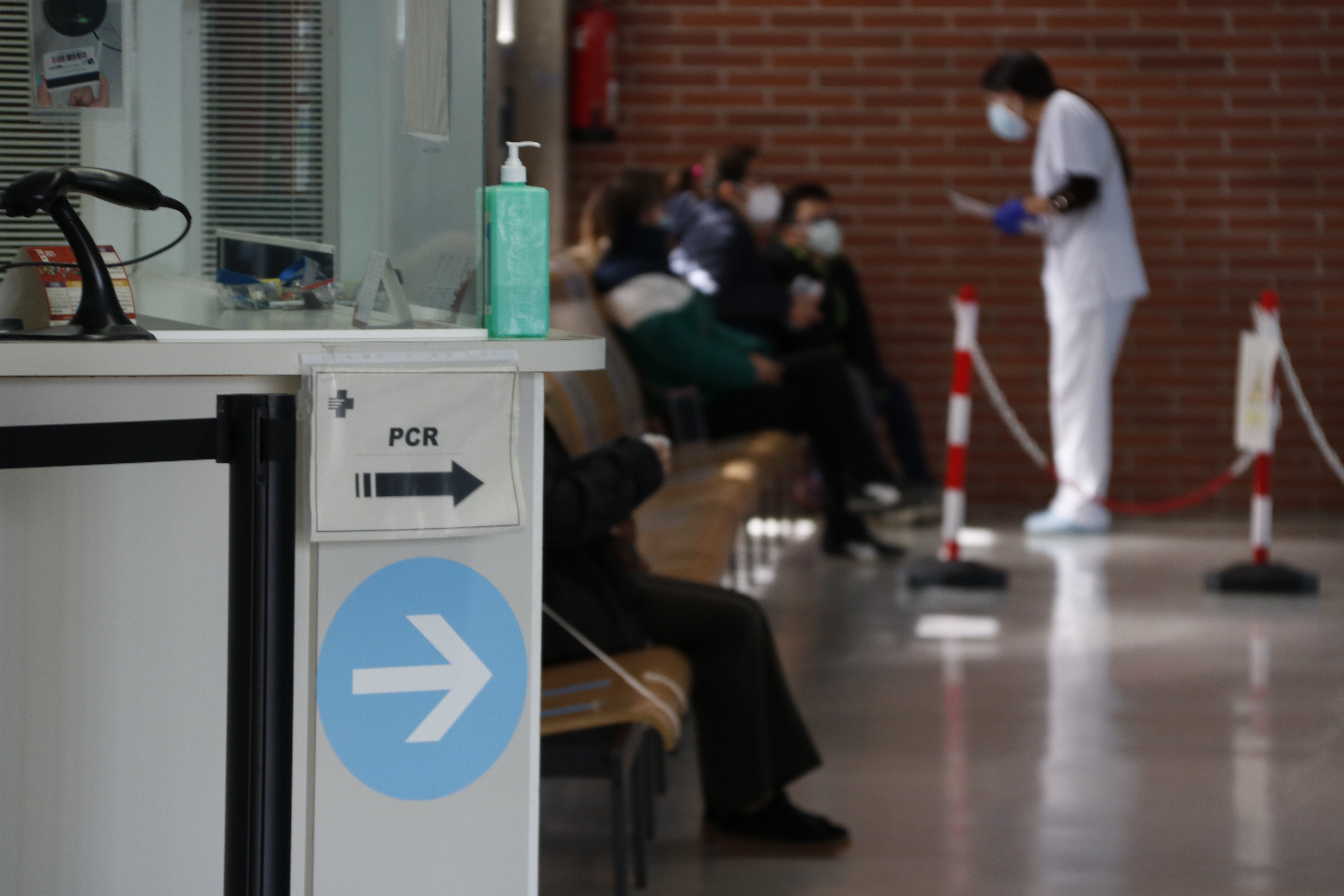Warnings are being given by the epidemiologists and researchers that a sixth wave of the coronavirus is reaching Catalonia from elsewhere in Europe. The Rt transmission index has risen to 1.36. Yesterday it was 1.18, and the one-day rise of 1.8 is significant. However, it is also important to take into account where the focus of infection is situated: in particular, among unvaccinated children and teenagers. Among boys and girls aged from 0 to 15 the current incidence in Catalonia is now 84 cases per 100,000. The second-ranked age group in terms of new infections are the 30-49 year olds with 67 infections per 100,000. Other indicators also reflect the rising trend: the EPG outbreak risk, intended as an early warning signal, has risen again to 85. It is considered 'high' once it gets to 100. And although hospitalizations are usually a later sign, they are on the rise too, with a total of 328 people now occupying hospital places in Catalonia due to Covid.
In statements to Catalan public television, Daniel López Codina of the research group BIOCOMSC gave a message of calm, but also invited people to take precautions: "We mustn't be worried, because children have no difficulty if they become infected, but we must be alert if the wave continues to grow. We are paying for the Castanyada holiday weekend at the end of October. The wave is growing and we should be seeing it slow down."
This Wednesday morning, news programmes have once again consulted the experts who a few months ago provided many of their headlines. Roger Paredes, head of the Infectious Diseases Section at the Germans Trias i Pujol Hospital in Badalona, told Spanish public television: "We may be on a kind of honeymoon here. We have before us the Delta Plus variant that increases the pressure a bit, but if another variant appears, it might get beyond the vaccines. It is essential to vaccinate all around the world. Right now, the virus is not having an easy time, but we will see." Paredes looks at countries like India or Vietnam but also some of our European neighbours with much higher rates than Catalonia.
"What is happening now is what we are going to see over the coming months or years. New waves will arrive and we would like to think that we will cope with them better, but if transmission is high, perhaps even vaccinated people could end up being hospitalised and dying, unfortunately. But fewer - given that vaccination is so much wider." Among the immediate measures he advocates: mandatory vaccination in some areas. "It's an opinion, but we shouldn't allow that a health worker is not vaccinated. We also expose the patients," Paredes adds.
The BIOCOMSC group, based at the Polytechnic University of Catalonia, predicts a Rt of between 1.2 and 1.3, but its assessment is that the high vaccination coverage should avoid a sharp rise in hospital pressure. The research group notes that, at the moment, the increase in infections is still incomparable to what Catalonia experienced over the summer and that there is now a much larger vaccinated population. Another BICOMOSC member, Enrique Álvarez Lacalle, gives some examples to demonstrate the rigor required at the moment: "Denmark has close to 3,000 cases a day, that is, 0.3% of the population is getting infected every week. Remember that the Danish detection capability is very high. The Covid certificate is being reintroduced for many activities".
Alvarez also attributes the "blame" to the long weekend: "Data from last week and this week indicate that cases are beginning to rise more consistently. During the weekend break, this growth in infections continued," he said in statements to Catalonia's TV3.
Cover photo: A nurse caring for patients at the Montblanc primary care centre, with signs indicating PCR tests.

